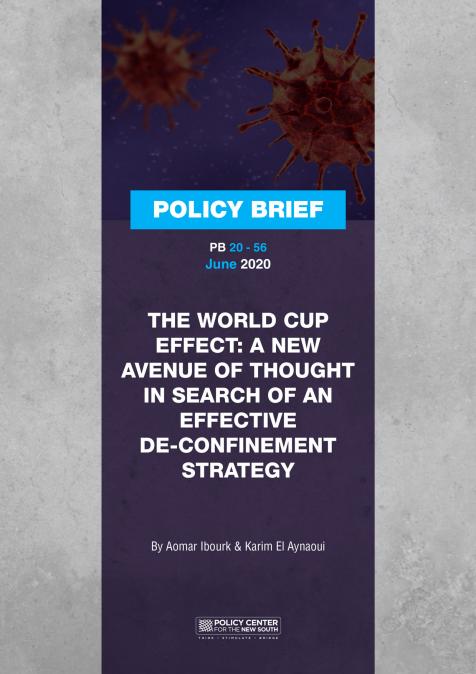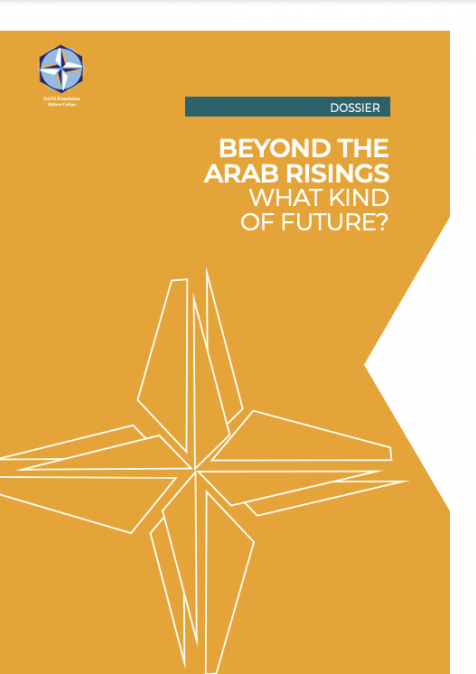Publications /
Policy Brief
We explore a new avenue that could contribute to an effective de-confinement in the context of COVID-19. This phenomenon is known as the ‘World Cup Effect’. We first define this phenomenon and highlight its existence and its possible amplifying effect with regard to the spread of the pandemic, in light of the number of infected cases recorded at the pandemic’s peak, and the duration before reaching its highest level. Based on hypothetical scenarios in terms of the initial conditions at the lockdown exit, we show that under constant probability of infection, the World Cup Effect always results in a higher number of infected cases at peak (Δy>0), and in a shorter period before the peak is reached (Δx<0). Finally, we discuss the elements that can contribute to mitigating this effect. Partial or complete lockdown lifting should be accompanied by the maintenance of social-distancing measures and the use of face masks, limitation of contacts, cautious management of population flows and special control, if not closure, of mass gathering places, including ‘Moussems’, cinemas, stadiums, and schools.








